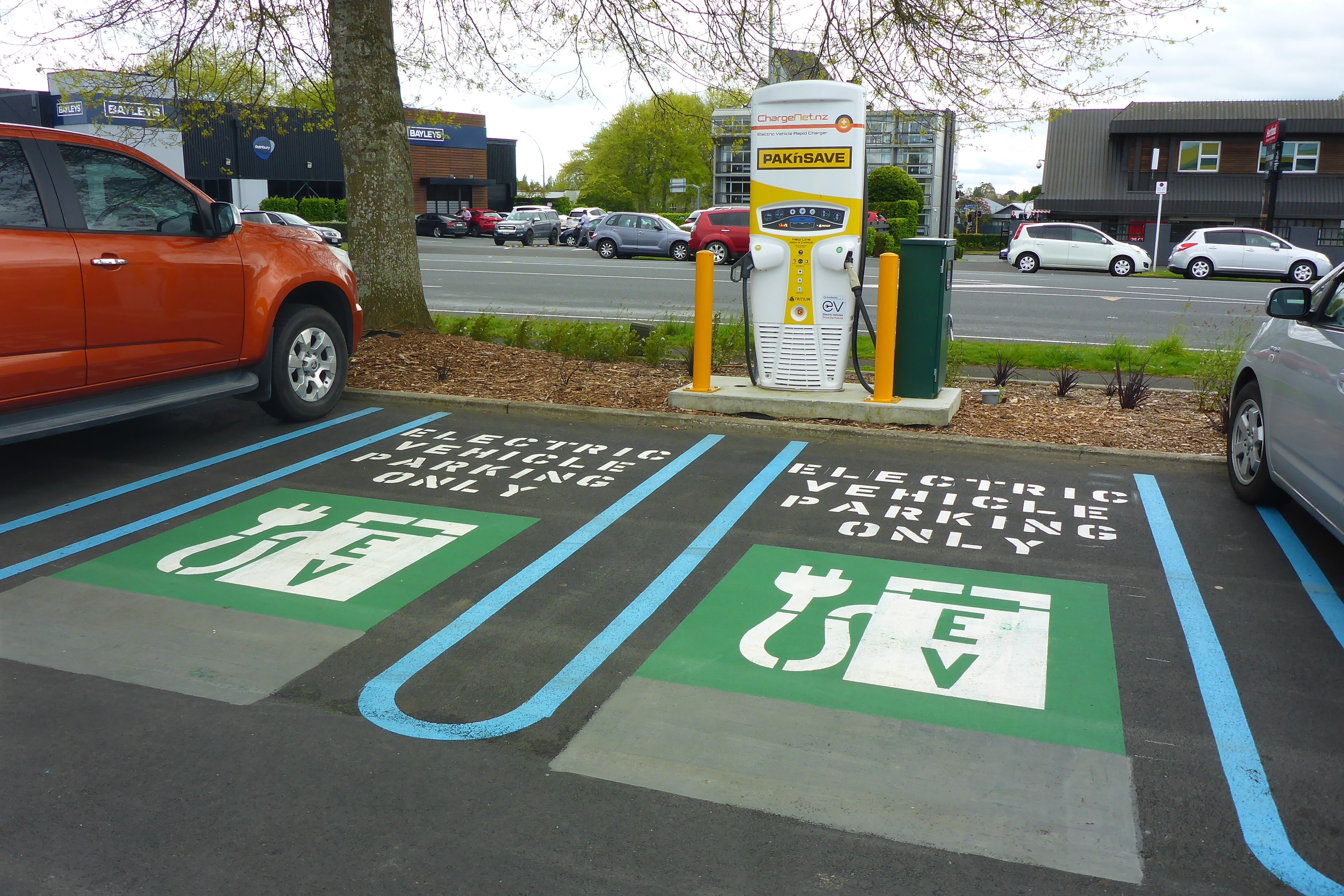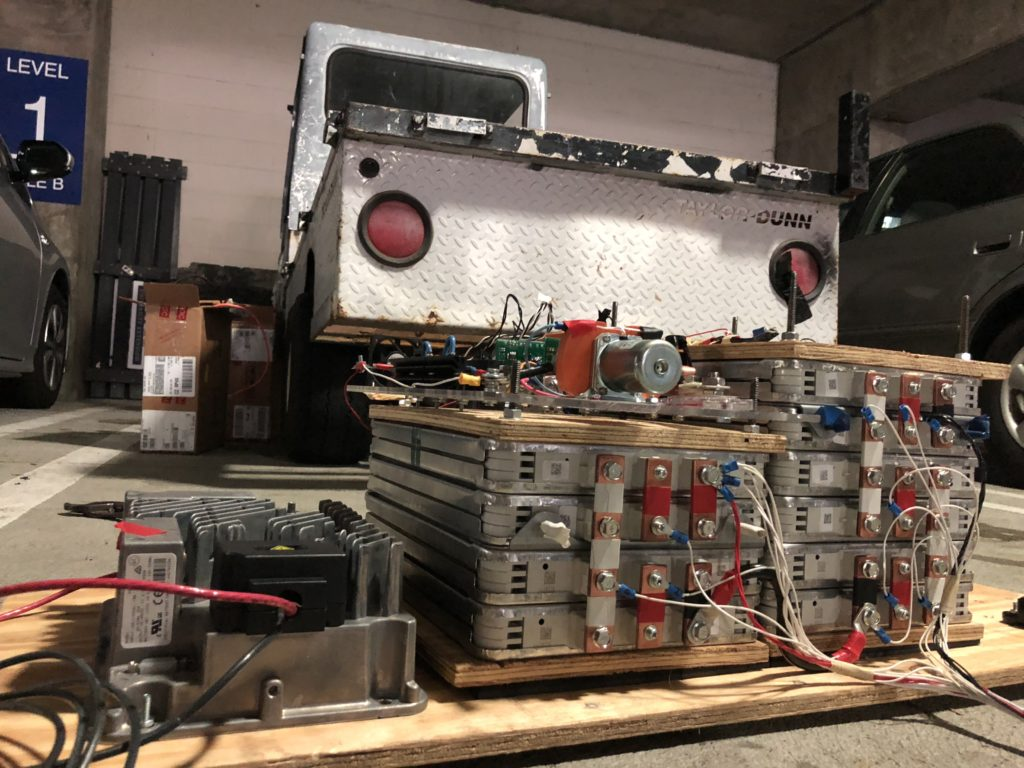ReJoule's $1.9 Grant to Make Second Life Batteries a Reality
The need for off-grid power storage is being driven by the rise of renewables and their prevalence in the grids of today and of tomorrow

The need for off-grid power storage is being driven by the rise of renewables and their prevalence in the grids of today and of tomorrow. Photo by Appolinary Kalashnikova on Unsplash*
ReJoule, the battery diagnostics and optimization startup that makes batteries more reliable, safer, and longer-lasting, has just secured $1.9M grant funding from the California Energy Commission.
I’ve been advising the ReJoule team since 2018, helping them with product and commercial strategy as well as fundraising.
The grant will be used to create a system that takes used EV batteries and repurposes them to provide off-grid energy storage for two commercial buildings in southern California. At the end of the three year grant period, the consortium lead by ReJoule will have proved the commercial and technical model for EV battery re-use in second-life applications.
The ultimate goal is to create a viable market for used EV batteries to reduce waste and increase the affordability of both electromobility and off-grid storage.
A flood of batteries

By 2030 the global demand for lithium-ion batteries will have risen to 2,000 GWh from just over 200 GWh in 2020 [Forbes]. Electric vehicles and stationary storage will account for well over 80% of that demand. Today there is no cost-effective way to recycle an EV, largely owning the complexity of the process required to recover materials from the battery. This adds cost to consumers who must pay to have their used EV safely disposed of and creates an environmental challenge.
Photo by Jan Kaluza on Unsplash
Reuse gives batteries a second life
One solution is to take a used EV battery that may have 60-80% of its capacity remaining and use it for non-transportation use cases like home or commercial energy storage. This sounds simple but consider that:
- An EV battery pack is actually made up of 100s to 1000s of individual batteries. Each of these needs to be inspected for safety and graded based on its performance, requiring disassembly of the pack and laborious, expensive manual testing.
- There are more and more EVs on the market, each one with its own battery pack design using many different types of batteries from 100s of different suppliers. To make second-life battery usage viable any second life application must be able to use batteries from different car makers and different battery vendors.

A 2018 Nissan Leaf showing the individual batteries that make up the pack. Image from Wikipedia
ReJoule’s advanced BMS makes reuse possible
ReJoule’s BMS can make batteries from different carmakers and different battery vendors work together in a safe, seamless way.
ReJoule’s BMS uses a technique known as electrochemical impedance spectroscopy (EIS) that is able to accurately measure, in real-time, the state of health (SOH) of a battery. For a second life application, this means that without disassembling the pack, ReJoule’s BMS can make batteries from different carmakers and different battery vendors work together in a safe, seamless way.

An early prototype of ReJoule’s BMS hooked up to a Nissan Leaf battery back in 2018.
Proving the commercial model
The goal of the CEC funding is to validate the technical capability and commercial feasibility of ReJoule’s BMS, working with partners BigBattery (a used-battery supplier), CleanSpark (microgrid software) and GRID Alternatives (a non-profit helping disadvantaged communities access renewable power) to deliver second-life battery-powered off-grid storage and solar use cases in a real-world setting.
What’s next for ReJoule
The grant which will be officially confirmed on June 10th will help ReJoule build out their BMS and further validate that the technology is both technically feasible and that it delivers real commercial value. The ReJoule BMS has been designed with a number of use cases in mind:
- Second life batteries (this grant)
- Aftermarket diagnostics - a device that can plug into the charging port of an EV and instantly tell repair shops, insurers, and second-hand dealers the value of the battery.
- Battery pack testing - allowing battery pack designers and engineers to quickly test the safety and functionality of batteries during the development process.
- Real-time in-car - an in-car BMS that, in real-time, can measure the precise state of health of the EV’s battery to make charing more efficient, reduce battery damage, reduce warranty claims and maximize the value of every battery.
Find out more
You can sign up for ReJoule’s newsletter here or drop me or the founders an email to find out more.